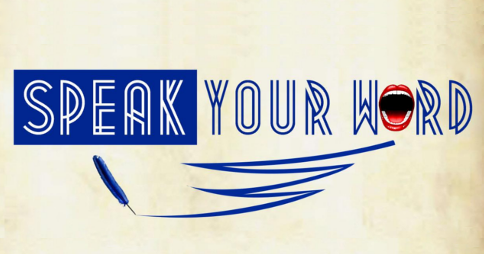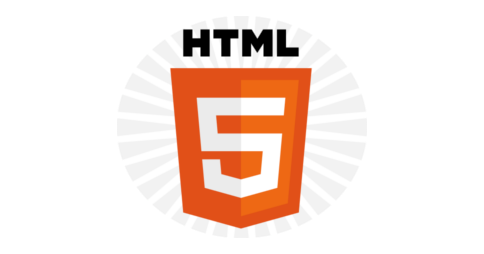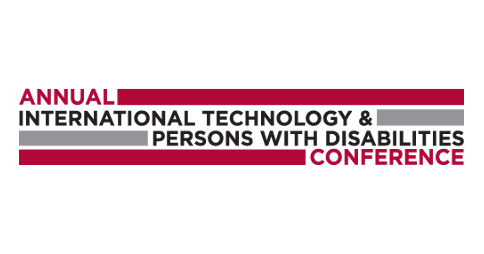Unpublished
Inclusion
#CSUN15 wrap up
Human Rights Commission releases guidance for businesses
iPads, and improved access to education
Caption reporting retained as communications amendment bill passes House of Reps
Bloggers encouraged to audiocast their posts
no
Show on home page

Audiocasts, also known as podcasts, are audio files commonly presented as voice recordings and broadcasts available to stream or download via the internet.
Digital media and technology:
Top of page
Coles web accessibility case settled
Harvard & MIT sued over lack of captions
Canadian cinemas commence autism-friendly movie sessions
YouTube embraces HTML5
no
Show on home page

In a recent blog post, YouTube Engineering Manager Richard Leider wrote that this was largely due to a maturing of HTML5—a core technology underpinning the web, and as at late 2014, an official Word Wide Web Consortium (W3C) Recommendation.
Taxonomy:
Digital media and technology:
Top of page








